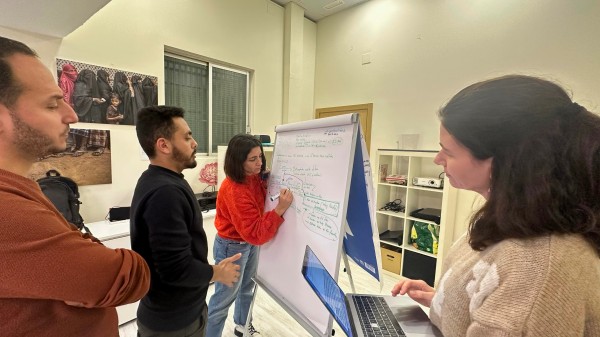The issue of editorial confidentiality has been dominating media discussions in recent days in Austria, after the Vienna Higher Regional Court (OLG) ordered Austrian Public Broadcasting Corporation (ORF) to release the unedited tapes of an episode of a documentary series called “Am Schauplatz” (“On the scene”) that was filmed in March this year.
The documentary became the subject of controversy after Austrian politician and leader of the Austrian Freedom Party (FPÖ), Heinz-Christian Strache – shown in the documentary at a FPÖ rally – accused the ORF of having incited two skinheads to give a Nazi salute at the rally, which is forbidden by Austrian law.
ORF journalist Eduard Moschitz, who produced the documentary about the life of the two skinheads, denied having encouraged them to give the salute and accused Strache of lying.
Austrian courts, currently investigating the issue, ordered the ORF to hand over the tape with the unedited film footage as evidence, or face a fine.
ORF General Director, Alexander Wrabetz, said that the tape is protected by editorial confidentiality under Article 31 of the Austrian Media Act, which states:
“31. (1) Media owners, editors, copy editors and employees of a media undertaking or media service as witnesses in a proceeding before court or an administrative authority have the right to refuse answering questions concerning the person of an author, sender or source of articles and documentation or any information obtained for their profession.
(2) The right as stated in para 1 must not be by-passed by requesting the person enjoying this right to surrender documents, printed matter, image, sound or data carriers, illustrations or other representations of such contents or confiscating them.”
However, representatives of the Austrian Justice Ministry said that Article 31 is open to interpretation and does not prevent the court from ordering a media outlet to hand over such a tape.
“Not only Austrian law, but also international jurisdiction in this field has supported the principle of editorial confidentiality,” said IPI Press Freedom Manager, Anthony Mills. “Without this fundamental guarantee, it would become very difficult for journalists to carry out investigative journalism and collect information about issues of public interest.”


